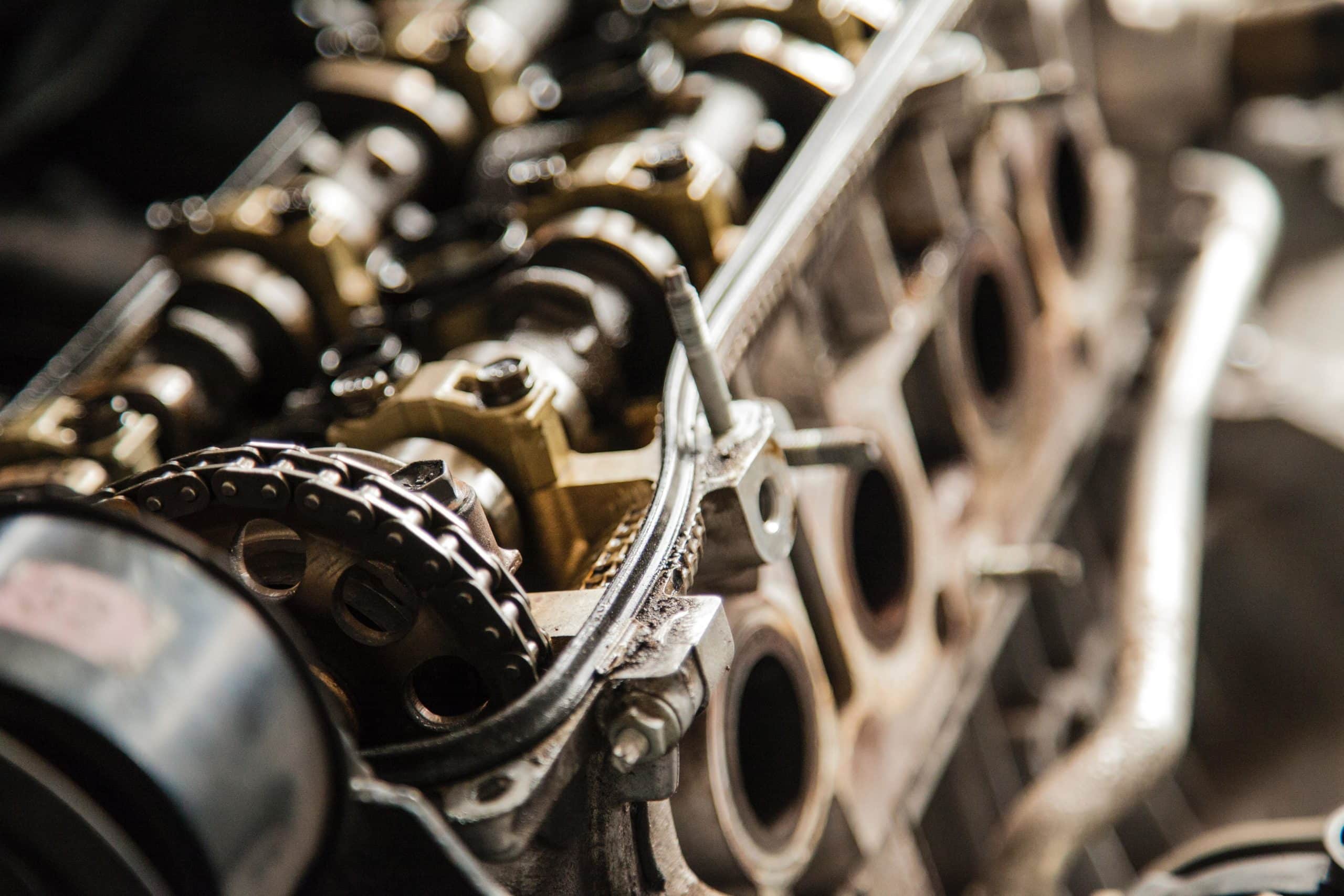As part of the UK government’s 10-point green recovery plan which is set out to create a caron neutral UK by 2050; the sale of all new fully combustion engines will be banned from 1st January 2030. There are some slight exceptions however, such as new plug-in hybrids and conventional hybrids, if they can achieve the “significant” zero-emission distance, they will remain on sale until 2035.
The plan outlines that the government will invest more than £2.8 billion to help facilitate the transition. This will be split down into £1.3 billion for charging points across England within homes, streets and motorways. Grants costing £582 million will be offered, to make the transition and ownership of both plug-in hybrid electric vehicles (PHEVs) and electric vehicles (EVs) more affordable for everyone. While £525 million is being set aside to build further nuclear power plants to meet the inevitable growing demand and pressures PHEVs and EVs will bring. Lastly, £500 million will be used to create and design longer lasting batteries within UK gigafactories and enable mass production.
Why Are We Facing A Ban?
According to The Department of Transport, at the end of March 2021 there were 38.6 million licensed vehicles in Great Britain, with petrol cars making up the majority. Petrol trucks and vehicles emit carbon dioxide (CO2) from their exhaust pipes which is said to be one of the main ‘greenhouse gases’ linked to climate change. The Climate Change Act, as revised in 2019, committed the UK to cut greenhouse gases to ‘net zero’ by 2050. While diesel trucks and vehicles emit less CO2, they do produce nitrogen oxides and particulate matter, which have been linked to various respiratory and heart related illnesses.
Prime Minister Boris Johnson believes “My 10-point plan to get there will mobilise £12bn of government investment, and potentially three times as much from the private sector, to create and support up to 250,000 green jobs, whilst making strides towards net zero by 2050.” The ban is expected to “turn the UK into the world’s number one centre for green technology and finance, creating the foundations for decades of economic growth.” Reducing greenhouse gas emissions and improve air quality.
Is Your Fleet Ready?
This target date currently only applies to the sale of new petrol and diesel vehicles. There are currently no plans published by the government which outlaw the use or sale of second-hand, used trucks. Meaning, any current petrol and diesel vehicles are still able to be used and be road legal beyond 2030. With the expected lifespan of a diesel vehicle being around 14 years, you will probably still see them on our roads until approximately the middle of 2040.
However, due to the environmental impact of this there could be changes elsewhere to be aware of to allow for this. For instance, where you can drive, and charge increases in areas such as Birmingham and London who have introduced low or ultra-low emission zones.














